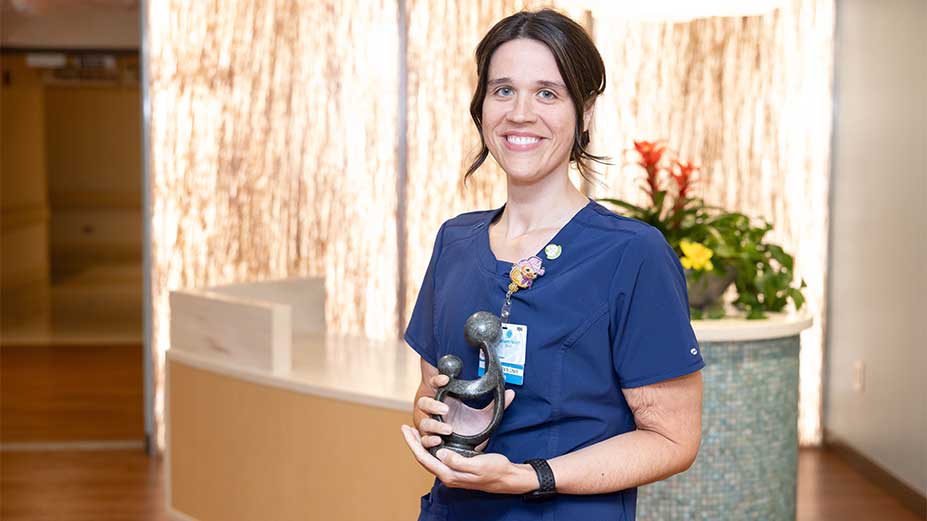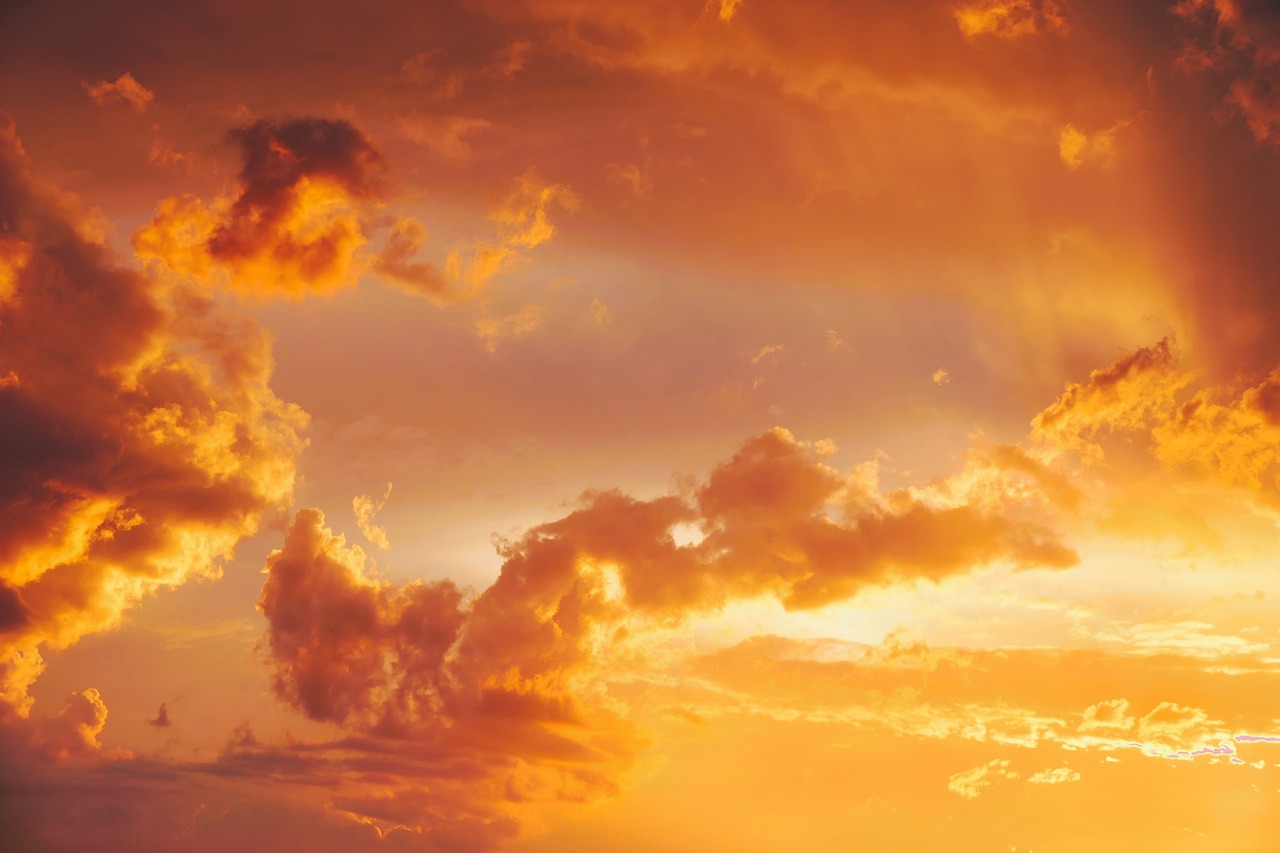.jpg)
(NEW YORK) — More than a century ago, an accidental oasis in the California desert created a popular residential and vacation spot for families.
But over the last few decades, environmental experts say climate change and drought in the Salton Sea have led to a destination that’s been plagued with dust bowls, receding waters and other hazards.
“When we came here, from the window of my house [I] could see it. So, I thought it was beautiful where I lived,” Nancy del Castillo, who moved to a community near the sea with her family nine years ago, told ABC News. “But when they told me, ‘Oh let’s go closer to the lake’…I said, ‘Oh God, what is happening?’ There were dead fish.”
As environmentalists and community activists call for more help in the region over this issue, the environment is also at the center of another environmental quandary.
The Salton Sea was created in the early 20th century after an irrigation canal off the Colorado River burst and flooded the Salton Basin. Homes and other properties were built around the oasis and became the go-to location for people in Los Angeles looking for more space and a coastal environment.
But in the last 25 years, the Salton Sea has become California’s most polluted inland lake, and has lost a third of its water. In the last decade alone, the river lost 38 square miles.
Several factors have contributed to this loss, including the state’s drought and the decreasing levels in the Colorado River.
Environmentalists argue that one of the biggest causes was a 2003 water transfer deal that several Southern California water boards signed off on that agreed to significantly reduce the water supply to the Salton Sea and send more water to San Diego.
Ann Cheney, a medical anthropologist for the University of California Riverside, told ABC News that the sea’s dry-up has resulted in the waterbody being filled with fertilizer and other toxic pesticides, which are spread into the air as dust particles.
“When there are wind storms, it picks up the dust and brings it into people’s homes. Children are breathing this in the homes they are living in,” she told ABC News.
The air is so toxic that the asthma rate for the communities around the sea is 22% compared to the national average of roughly 8%, according to Shohreh Farzan, a USC researcher who has been collecting samples from the air particles at elementary schools around the Salton Sea since 2017.
Conchita Pozar, a community advocate who has worked with environmentalists on the Salton Sea’s issues, told ABC News that many of the residents who live near the sea are low-income families and immigrants, and are afraid of speaking out because of immigration fears.
“We are living in a darkness where we cannot say what is happening in fear of deportation. But diseases are winning,” she said.
A ten-year cleanup program is underway to improve the basin and try to clean the air, but the area did not see any of the record rain that hit the area recently.
The California Natural Resources Board has also provided hay bales that act to suppress dust storms, but there are questions about how effective they can be. Luis Olmedo, the executive director of Comite Civico Del Valle Inc, a nonprofit that works to build healthy communities, told ABC News that more work needs to be done.
“We’re basically a sacrifice zone at this point,” he said.
Olmedo added that the community must also be part of the discussions about the future of the area, as California is looking to mine the desert near the basin for lithium, which is a key mineral in the production of EV batteries, by using areas already producing geothermal energy.
A California state report estimates there’s enough lithium here to produce 600,000 tons per year which would be the most produced in the world, and that could mean up to $7 billion per year. A law was signed last year that allowed Imperial County to tax every metric ton of lithium produced.
Olmedo, who sits on the state’s lithium commission board, said the state needed to balance the rewards the community could get from these future projects with the state of its environment.
“So just because we’re enthusiastic doesn’t mean that we’re going to look away from all the potential environmental harm,” he said.
ABC News’ Stephanie Ebbs contributed to this report.
Copyright © 2023, ABC Audio. All rights reserved.




